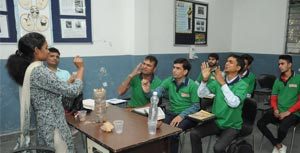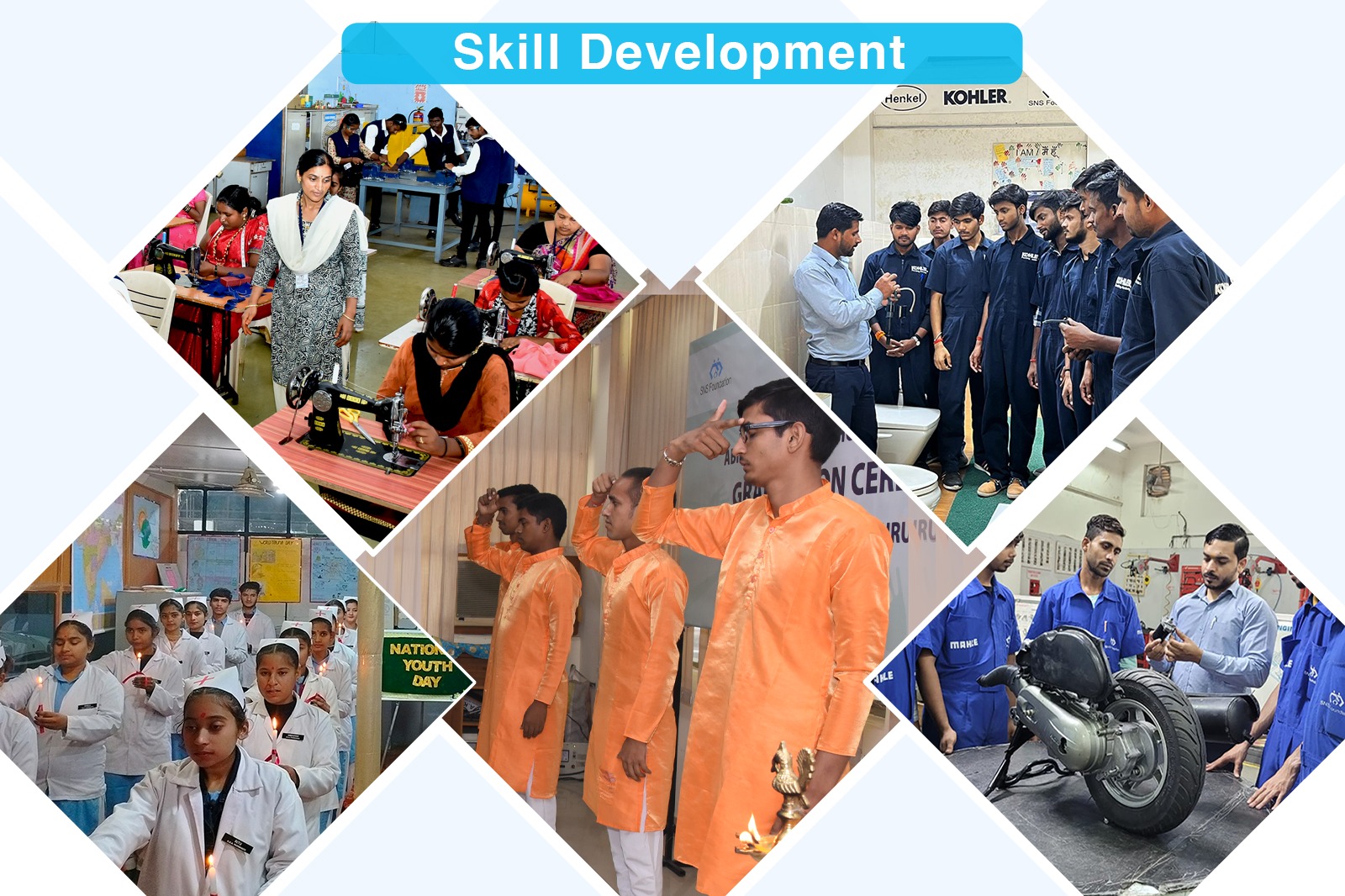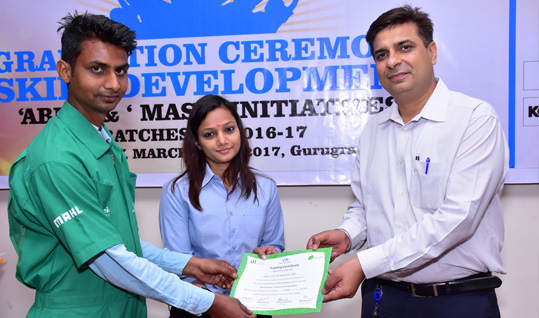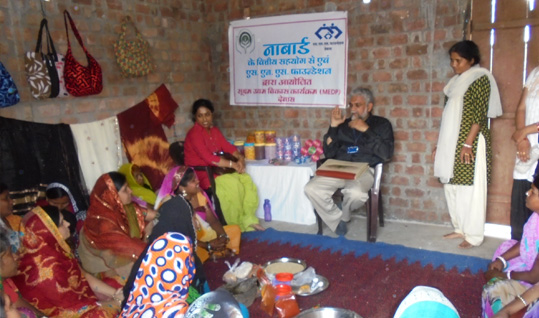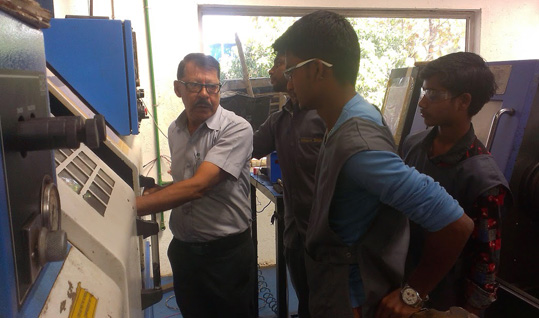Skill Development
One of the biggest challenges that India is facing today is ensuring every citizen benefits from the country’s growth. While creating employment opportunities is a key aspect of addressing this challenge, developing the requisite skills of people is an equally important facet. Decades before skill development became a focus area for the government, SNSF focused on this important aspect of human development by launching a para-nursing course termed as the Health Assistants’ Training Programme (HATP). The first centre for the six-month-long HTAP was set up in Gabriel’s Mulund facility in 1992. Over the past decade, most SNSF locations, i.e., Chennai, Jodalli, Nashik, Pune and Dewas, have started running HATP courses, ensuring 100% placement to trainees. Over a period of time, several new courses with employment opportunities have emerged, scaling back the course to a single location – Dewas.
During its 25-year-journey, SNSF has set up 14 training centres across five ANAND locations with the objective of developing the skills of youth aged between 18 and 35 years from families with an annual income of > Rs. 2.5 lac. Such youth are in need of urgent employment to ensure a basic standard of living for their families. Some of their aspirations are educating their younger siblings, providing medical care to their ailing parents, repaying family debts and ensuring two square meals a day. Given ANAND’s focus on women’s empowerment, 70% of the 32,000 youth trained so far, have been females. Starting with training in one trade, today SNSF has developed the expertise to impart market-aligned skills in 18 different areas covering 10 different disciplines.
Most of SNSF’s 14 training centres are multi-skill development centres, giving attendees the option to develop various skills. On an average, the academic eligibility for admission to the courses varies between middle school completion and matriculation. The courses include tailoring, garment manufacturing, nursery teaching as well as training in various trades, such as electric repairing, plumbing, two-wheeler repairing and operational and maintenance activities in factories. Some of the popular courses include basic computer skills, desktop publishing, beauty care and a specific course for the speech impaired in the packaging industry. The 18 courses across 10 disciplines are categorised as collaborative training with industry certification, training with MSME suppliers, training for speech and hearing-impaired (SHI) and female-centric trainings.
Associations

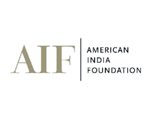














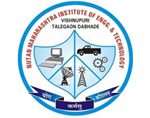


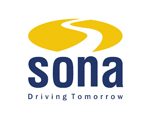


Facts & Figures

Training Centres
Training Programmes
Fostered Entrepreneurs
Youths Getting Benefits
Projects
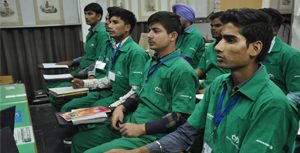
COLLABORATIVE TRAINING WITH INDUSTRY CERTIFICATION
The collaborative training with industry certification programme includes two-wheeler technician training, electrician training and plumber training. The content for these two to three-month-long courses are designed by sectoral leaders, which are also the certifying organisations in most cases. Readmore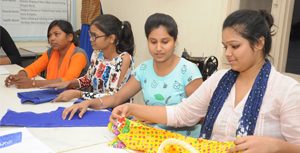
FEMALE-CENTRIC TRAINING
ANAND’s staunch belief in women’s empowerment determines its efforts towards providing skill development opportunities to young girls and women. Consequently, SNSF has designed and developed a large number of female-centric courses in areas like apparel-making, ITeS, beauty care, nursing and teaching. Readmore